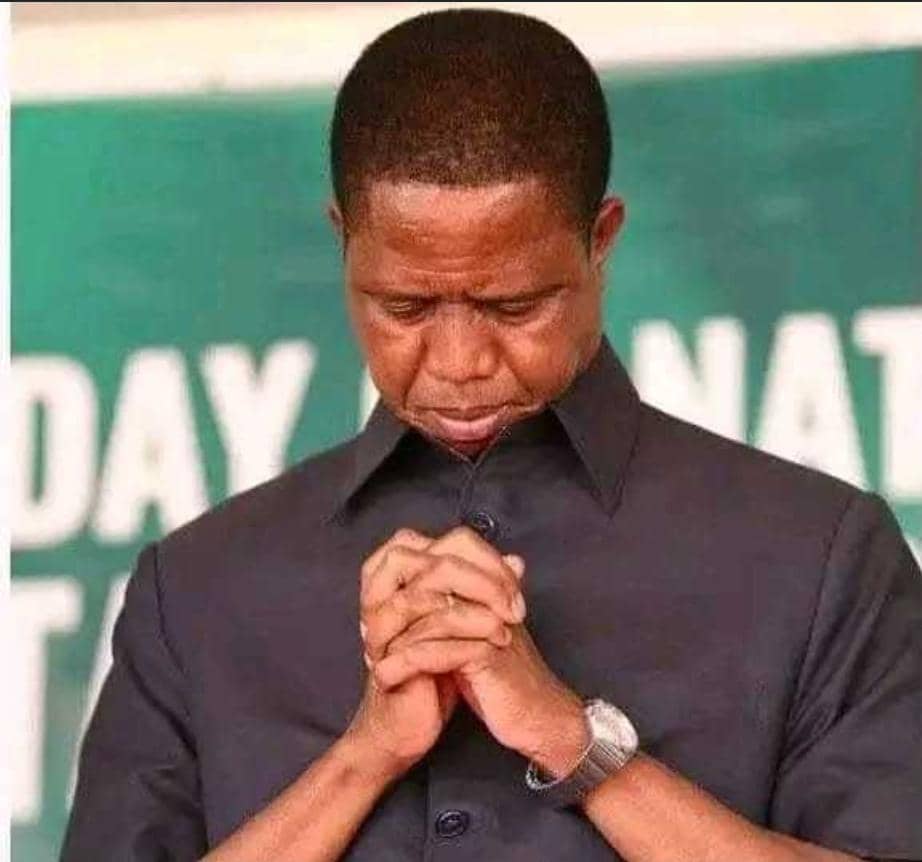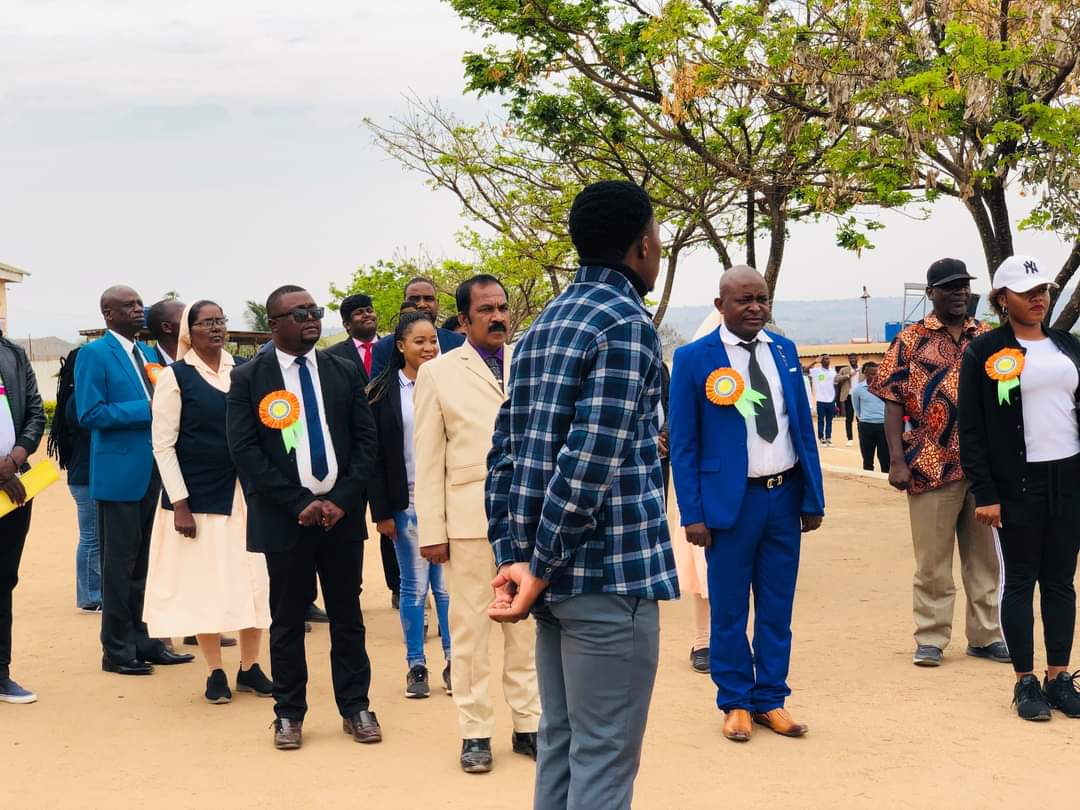By Burnett Munthali
In 2021, Edgar Chagwa Lungu, the sixth president of Zambia, faced a decisive political moment that marked the end of his time at the helm of the nation.
He was defeated in the presidential election by long-time opposition leader Hakainde Hichilema, whom he had previously bested in the 2015 and 2016 elections.
Lungu’s loss signaled a turning point in Zambian politics, as the electorate, frustrated by economic decline and accusations of authoritarianism, opted for change through the ballot box.
Despite his electoral defeat, Lungu remained a key figure in Zambia’s political discourse, with loyal supporters continuing to regard him as a symbol of resilience and Pan-African leadership.
However, in June 2025, Zambia and the broader Southern African region were stunned by news of Edgar Lungu’s passing.
He died in Pretoria, South Africa, following complications arising from a surgical procedure.
His death marked the end of an era for Zambia—one defined by both infrastructural development and fierce debates over democratic backsliding.
As the nation mourns his passing, tributes continue to pour in, reflecting the deep imprint he left on Zambia’s political and social fabric.
Edgar Lungu’s legacy remains complex, shaped by his rise from humble beginnings to the highest office in the land, and the turbulent challenges he faced while in power.





